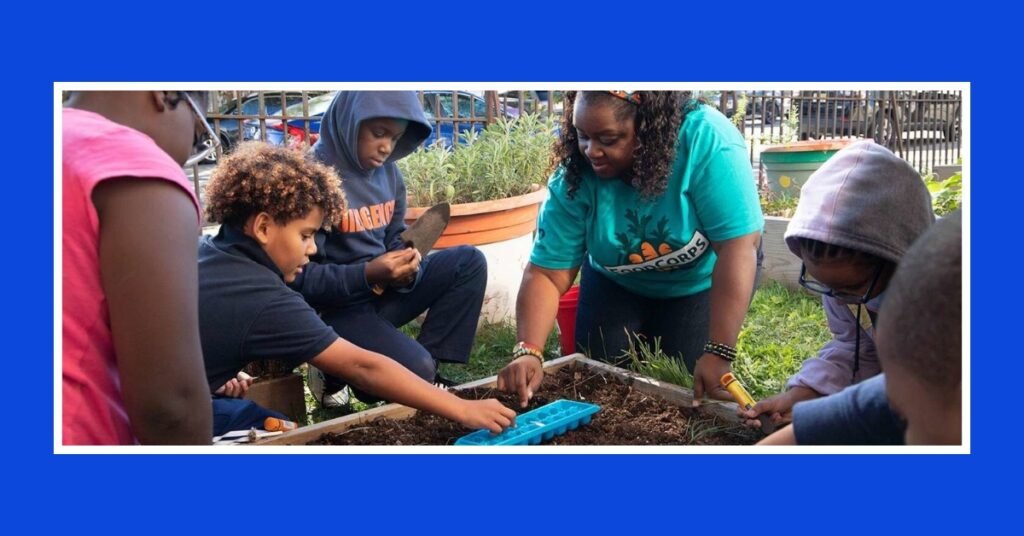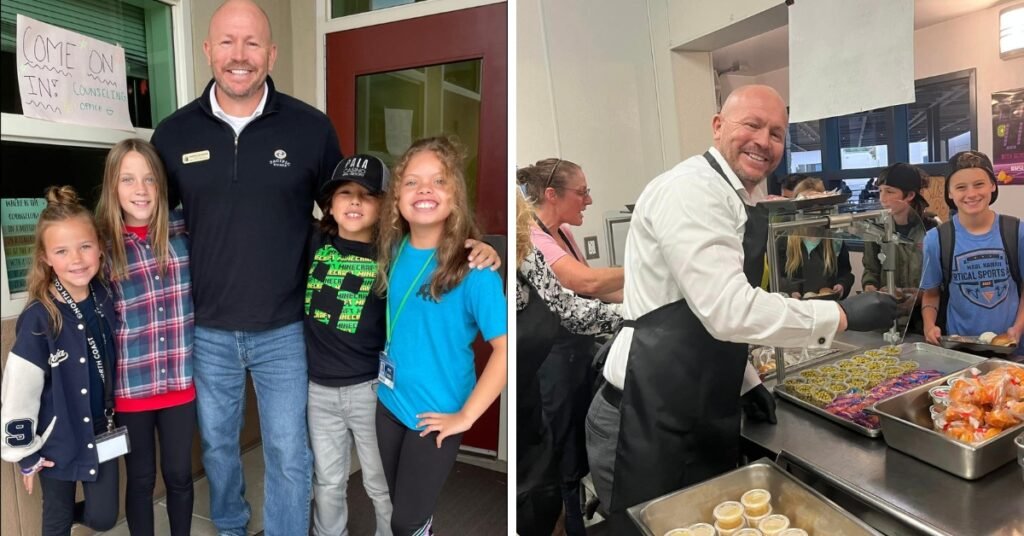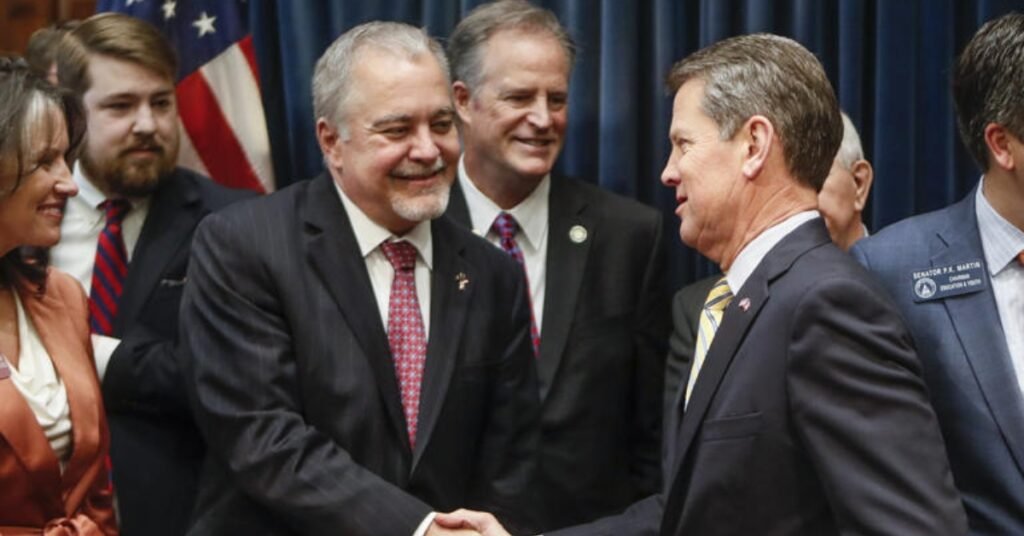Despite initial rollout issues, the Department of Education encourages students to complete FAFSA applications. Learn more about the updates and support available.
Table of Contents
The Department of Education urges student loan borrowers to complete their FAFSA applications following an error-filled rollout of the new application system.
Compared to last year, 10% fewer high school seniors have completed the FAFSA application.
Advocates for student loan borrowers say that the botched new application process has caused some to delay or even forgo college altogether.
James Kvaal, Undersecretary at the Department of Education, assured that most issues have been resolved and award letters are being delivered.
“We have made much progress. We have processed more than 8 million FAFSA applications,” Kvaal stated. “Students who attend FAFSA today can expect us to send their records to the school in one to three days. Our focus now is ensuring students know FAFSA is up and running.”
Impact on Low-Income and Mixed-Status Families
Students from low-income or mixed-status families have been the most negatively impacted by the application issues.
Sayda Martinez-Alvarado, a higher education policy analyst with The Education Trust, emphasized the importance of a FAFSA award in the decision to attend college.
“Without a financial aid offer, how are students supposed to make that decision?” she asked.
“Because of the botched rollout, some students are choosing not to go to college at all or choosing a different college than they want to.”
Problems and Solutions
The revamped FAFSA process aimed to streamline parts of the application, such as auto-filling some data including IRS data, making it easier and quicker to complete.
However, the application, which typically opens in the fall, was delayed until December.
Many students needed help logging on, and even fewer could complete the application.
Students from mixed-status families whose parents did not have a Social Security number faced additional challenges completing the form.
Even when forms were completed, colleges often still needed to receive the applications, preventing the issuance of award letters.
These issues persisted for months, eroding trust in the Department of Education.
Organizations like The Education Trust, Higher Learning Advocates, and the National Association of Student Financial Aid Administrators (NASFAA) have stepped in to support students and administrators navigating the FAFSA issues.
Support and Resources
Martinez-Alvarado’s organization conducts research and creates policy recommendations to increase access to education, particularly for underserved communities.
The Education Trust has created a hub to guide borrowers through the FAFSA application. “We have also been hosting quite a few webinars in the education policy, nonprofit space,” she said.
Jill DesJean, Senior Policy Analyst at NASFAA, mentioned that administrators have had to be flexible throughout the last five months.
The organization has been advising colleges to extend their application deadlines, which has largely received a positive response.
“FAFSA opened late. Then, once it opened, it was buggy,” DesJean said.
“Many students could not complete it. Then, when that was resolved, students couldn’t get the data, and when they did, it was wrong.”
New Initiatives
The Department of Education announced the FAFSA Student Support Strategy funds, allocating up to $50 million to make advisers and counselors available for extended hours and during the summer to help students complete FAFSA.
“We are leaving no stone unturned here,” Kvaal told UPI.
Catherine Brown, Senior Director of Policy and Advocacy at the National College Attainment Network (NCAN), said that many members of her organization are holding FAFSA completion events to encourage borrowers to finish their applications.
The NCAN website has a list of resources and events categorized by state.
Looking Forward
As the push for borrowers to finish their FAFSA applications continues, there is anticipation for information about when the application will open for the next school year.
Advocates hope for an October 1st opening, but this still needs to be confirmed.
Kvaal acknowledged the challenge of regaining the trust of borrowers.
“You have to deliver reliably to earn people’s trust over some time,” he said.
“We have been clear in sharing information with colleges and school counselors regarding where the FAFSA is and the challenges we are seeing. Moreover, trying to be as transparent as we can. Hopefully, people will be coming into FAFSA and seeing applications processed quickly.”






